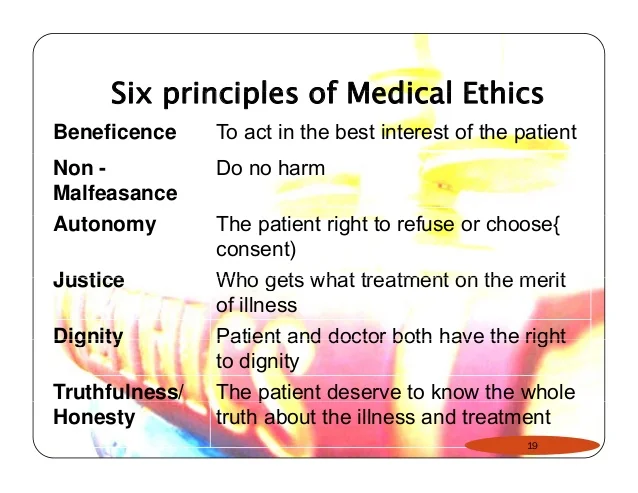I am a member of the ethics committee at Falmouth Hospital.
I have to say, it is the most enjoyable, thought-provoking, and beneficial
meeting that I attend. At the meetings we strive to come to a morally ethical
solution to medical issues that face patients in the hospital, especially when
the patient is near death. The discussions can be as simple as how do we get
the information out to people of the importance of having a health care proxy
to very complex issues on life and death situations. Recently we had one of
those cases where almost every discipline of the hospital was involved
including the Chaplaincy Department. We spent several hours during the episode
and as follow-up determining a proper course of action in a very difficult
situation. I must say that it was amazing how all departments of the hospital
worked together to resolve the issues. But that is a story for another blog.
What I think is more pressing is the importance of a HealthCare Proxy. A typical situation in the hospital is that the family is standing
by the bed of a dying patient and they wonder what measures they should take
for the patient. The patient may or may not have a health care proxy but
invariably at least one member of the family doesn’t want to let go of their
parent. They can become very emotional. They may feel that by removing the ventilation
tubes they are killing their parent. I have to explain to them that is not the
case. I find that most people are not well informed on the ethics in certain
medical situations. Even more important is that very often, the family does not
know what the desire of the patient is. For those who want to hold on to a parent
who is dying I ask the question “What do you think your parent would want?”
All of this leads to several questions that I hope you will
research, especially if you have parents or you are a parent who wants to have
your children know what your desires are. I will include several links that are
helpful in explaining various forms, situations, and ethical issues. As I
mentioned, life and death situations can be very complicated and the ethical issues
complex, especially regarding the teachings of the Catholic Church. An excellent
source concerning ethics is Rev. TadeuszPacholczyk, Ph.D. (Fr. Tad) who is a priest of the Fall River Diocese.
You may remember
him as he celebrated the 5:30 Mass at Christ the King for several months. He
has a Ph.D. in Neuroscience from Yale University, and has several Masters
degrees. He is Director of Education for The National Catholic Bioethics Center
in Philadelphia (which is also an excellent ethics source) and directs the
Center’s National Catholic Certification Program in Health Care Ethics. You
may have seen some of his articles in The Anchor “Making Sense Out of Bioethics”.
I find him very knowledgeable and understandable.
Next is the Health CareProxy. The proxy is a simple two or three page form designating who you want to
be your health care proxy It is legally binding in the state of Massachusetts
but does not have very much explanation to it. A better document is the Roman Catholic Health Care Proxy which includes excellent explanations and guidelines
on who to chose, what is Palliative and Hospice care, what are comfort
care and DNR (Do Not Resuscitate), etc., all from a Catholic perspective.
One final aid in end of life desires is the “Five Wishes”
form which is not legally binding in Massachusetts but provides an excellent
discussion list for talking to your health care proxy about what your wishes
are in various situations. There are a couple of reservations that the Catholic
Church has with this form so it has to be used cautiously. One of the questions
has to removal of food and water from a patient which means death by starvation
which the Church obviously does not allow. Pope John Paul II said “Death by starvation or dehydration is, in fact, the only
possible outcome as a result of their withdrawal. In this sense it ends up
becoming, if done knowingly and willingly, true and proper euthanasia by
omission.
The first step we need to do is decide what measures we want
in various serious medical or end of life situations. The next is to establish
a health care proxy and finally you have to talk to you proxy or family about
you wishes. We don’t necessarily like taking about our own death but it may
make it much easier on the family when the final stages of life occurs.
Deacon Greg Beckel





Comments
Post a Comment
Please THINK before you write!